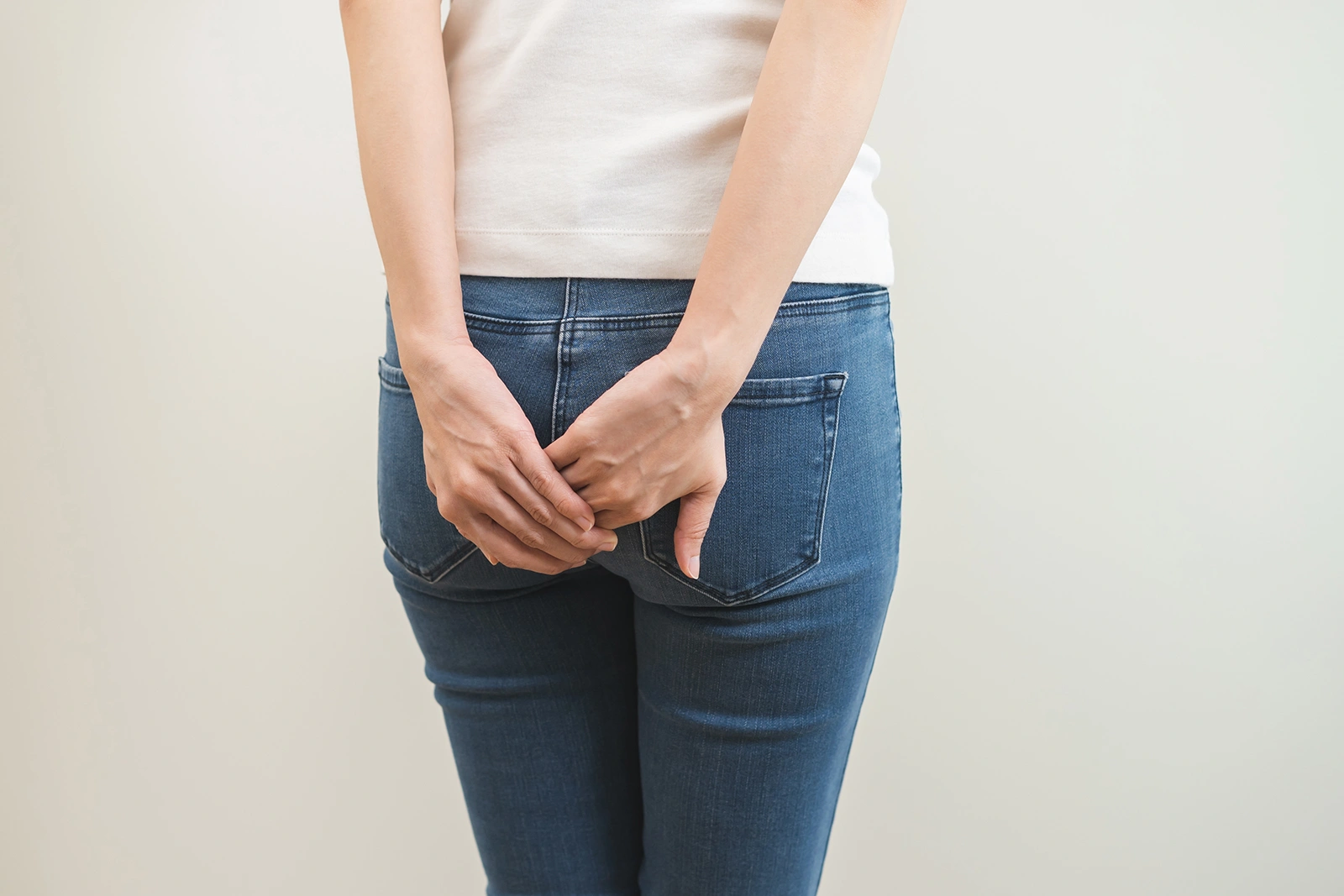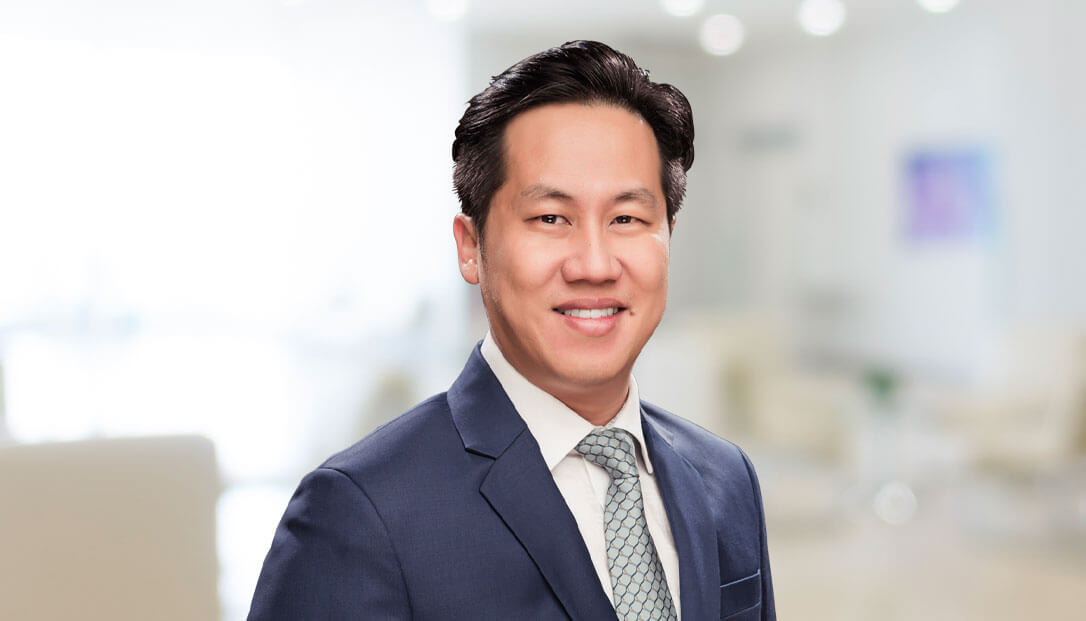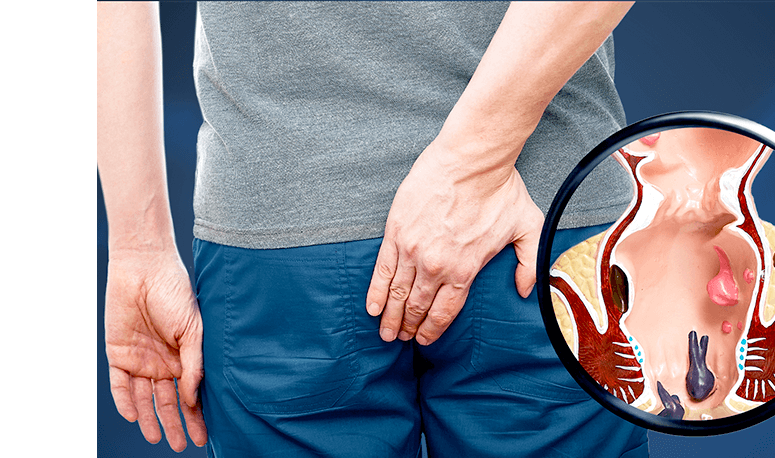
Have you recently undergone anal fistula surgery, or are you preparing for the recovery period and feeling uncertain about what lies ahead? Recovering from anal fistula surgery can feel daunting, especially if you’re unsure what to expect. You may be wondering how long it will take before you feel normal again, or what you can do to help your body heal smoothly.
Whether you’re in the early stages of healing or preparing for surgery, knowing what to anticipate can help you approach the process with greater confidence. Read on for practical tips and insights on recovering after anal fistula surgery in Singapore.
Recovery Time
Recovery after anal fistula surgery can differ from person to person, depending on both the surgical technique and how complex the fistula is. For simpler cases, such as a fistulotomy, healing usually takes around four to six weeks, as the open wound gradually closes from within. More intricate procedures including flap repairs or seton placement, often need several months for full recovery. If your wound was closed during surgery, as in a fistulectomy, healing may be faster, typically within two to four weeks, though some mild sensitivity or tightness can remain as the tissues continue to mend.
Pain Timeline
Discomfort tends to be most noticeable during the first week, when inflammation peaks and the tissues begin to adjust. As the days pass, pain usually becomes more manageable, with significant relief by the second or third week. By the end of the first month, many patients find they can move and sit more comfortably again. A dull ache or mild soreness may linger for several more weeks, particularly after more complex surgeries, but this typically improves steadily with time and care.
Factors Affecting Recovery
Overall health, adherence to post-operative care and the presence of complications can all influence healing. Regular follow-up with your surgeon also allows them to track your recovery closely, address early signs of infection, and ensure everything is healing as expected.
Immediate Post-Surgery Period (0–3 days)
After anal fistula surgery, you’ll spend some time in the recovery room where your vital signs are closely monitored. The medical team will check for immediate issues such as bleeding or reactions to anaesthesia, and ensure your comfort before you return home.
Pain Management
Post-surgery pain is managed with prescribed medications, including oral analgesics like acetaminophen or NSAIDs, and sometimes stronger opioids. Warm sitz baths may also be recommended to soothe the area. Pain typically peaks during the first week, easing noticeably after the first week and continuing to subside over the following few weeks.Bleeding and Drainage
Mild bleeding or light drainage is common and usually not a cause for concern. Clear or slightly blood-tinged fluid helps prevent fluid buildup and supports healing. However, if bleeding becomes heavy, persistent, or accompanied by severe pain, it’s important to contact your healthcare provider right away.Discharge Instructions
In the first few days, focus on keeping the area clean and dry. Follow your surgeon’s instructions on when and how to change dressings, and continue taking prescribed medications as directed. Warm sitz baths a few times daily can also help with hygiene and comfort. Avoid strenuous activity, and stick to a high-fibre diet to keep bowel movements gentle and regular. Should you notice increasing pain, excessive bleeding, fever, or unusual discharge, seek medical attention promptly.
First Week After Surgery
The first week following anal fistula surgery is crucial for setting the foundation for a smooth recovery. Here are some tips for this period:
Wound Care and Hygiene: Use warm sitz baths about three times a day, particularly after bowel movements. Cleanse gently and replace dressings as advised to reduce irritation.
Activity: Avoid strenuous activities, heavy lifting and prolonged sitting. Light walking is encouraged to promote circulation.
Diet: Opt for high-fibre foods such as fruits, vegetables, and whole grains, and drink plenty of water. Your doctor may also recommend stool softeners to prevent straining.
Monitoring for Complications: Contact your healthcare provider if you notice increased pain, excessive bleeding, foul discharge, fever or spreading redness.
Returning to Normal Activities
Resuming daily routines after anal fistula surgery depends on your individual recovery and the physical demands of your activities. For those with less physically demanding jobs, returning to work after one to two weeks is often possible. If your job involves heavy lifting or prolonged sitting, your doctor may recommend additional rest time to prevent strain on the surgical area.
Light activities such as walking can usually be resumed within a few days. However, intensive workouts, cycling, or weightlifting should wait for at least four to six weeks, or until your surgeon advises it’s safe to do so.
Conclusion
Recovering from anal fistula surgery is a gradual process that requires patience, consistent care, and regular follow-up. While the journey may present challenges, adhering to your healthcare provider's guidance and maintaining a positive outlook can significantly enhance your healing process.
If you’re experiencing symptoms of an anal fistula or would like guidance on recovery, our colorectal specialists in Singapore are here to offer treatment plans tailored to your needs. Contact us today to book a consultation.

Dr Dennis Koh
Medical Director & Senior Consultant Surgeon
B Med Sci (Nottingham), MBBS (Nottingham)
MMed (Surgery), FRCS (Edinburgh), FAMS
Dr Dennis Koh is an MOH-accredited and experienced colorectal surgeon skilled in anal fistula treatment; and currently the Medical Director at Colorectal Practice.
Dr Koh strives to provide a customized treatment plan for each patient, which allows for better outcomes. He also honed his skills in proctology abRd in Geneva, bringing a more diverse touch to his practice.

Dr Sharon Koh Zhiling
Senior Consultant Surgeon
MBBS (Singapore), MMed (Surgery),
FRCS (Edinburgh), FAMS
Dr Sharon Koh is an experienced colorectal surgeon and the former Director of Endoscopy at Alexandra Health.
Dr Koh completed her fellowship at Cedars-Sinai Medical Centre in the US after being awarded the Academic Medicine Development Award by the National University Hospital.

Dr Pauleon Tan Enjiu
Senior Consultant Surgeon
MBBS (Singapore), MMed (Surgery),
FRCS (Edinburgh), FACS
Dr Pauleon Tan has served in public hospitals for over 15 years and is experienced in minimally invasive surgery and endoscopy.
Dr Tan undertook advanced colorectal surgical training at Japan’s Saitama International Medical Center after being awarded the Ministry of Health – Health Manpower Development Plan (HMDP) Award.


